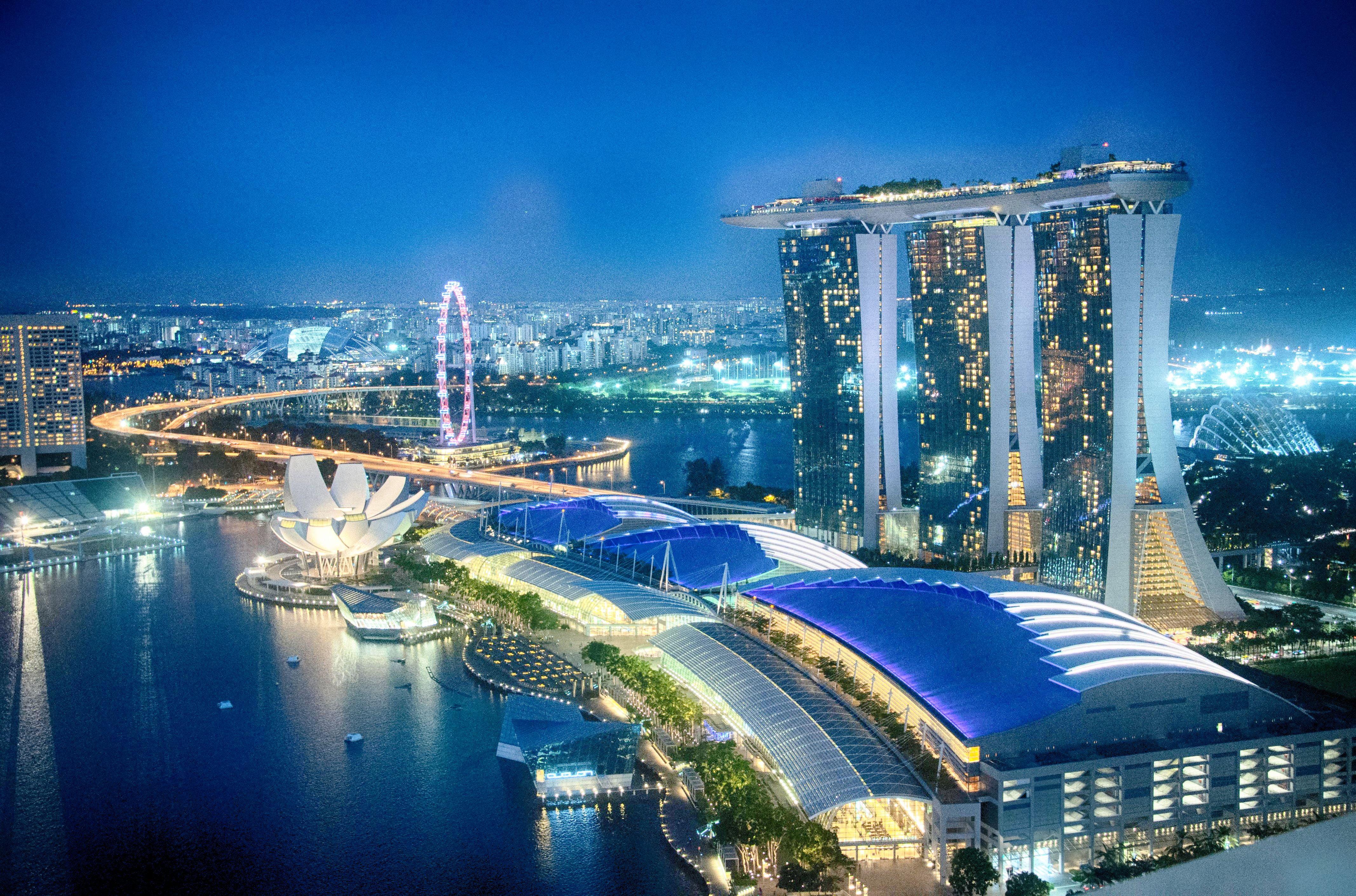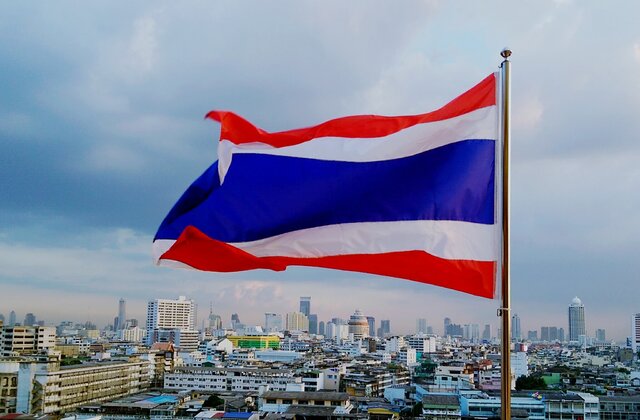
Marina Bay Sands has delivered a landmark performance in the final quarter of FY2025, recording what is being described as the greatest quarterly result in the history of casino-hotels, with adjusted EBITDA soaring to US$806 million. The result, disclosed by parent company Las Vegas Sands, underscores the extraordinary earnings power of Marina Bay Sands, which continues to stand apart as one of the most profitable single-asset integrated resorts anywhere in the world.

Sands China has acknowledged disappointment with its Q4 EBITDA performance, even as management and analysts point to a more disciplined and targeted promotional strategy that appears to be steering the business in a healthier long-term direction.

South Korea’s sole casino open to locals, Kangwon Land, has reported a sharp 41% year-on-year drop in net profit for 4Q25, even as gross gaming revenue (GGR) held broadly steady—highlighting how rising costs and non-operational factors are weighing on earnings across the regional gaming sector.

Hann Reserve, the integrated resort development in Clark, Pampanga, is set to stage the soft opening of its first newly built golf course this Friday, marking a key milestone in the project’s broader leisure-led positioning. The opening signals Hann Reserve’s intent to blend premium gaming with lifestyle and outdoor experiences, targeting both high-value casino players and destination travelers.

Thailand is exploring the development of a large-scale, Disneyland-style theme park within its Eastern Economic Corridor (EEC), signalling a renewed push to strengthen family-oriented tourism and foreign investment—while deliberately distancing the project from casino gaming.